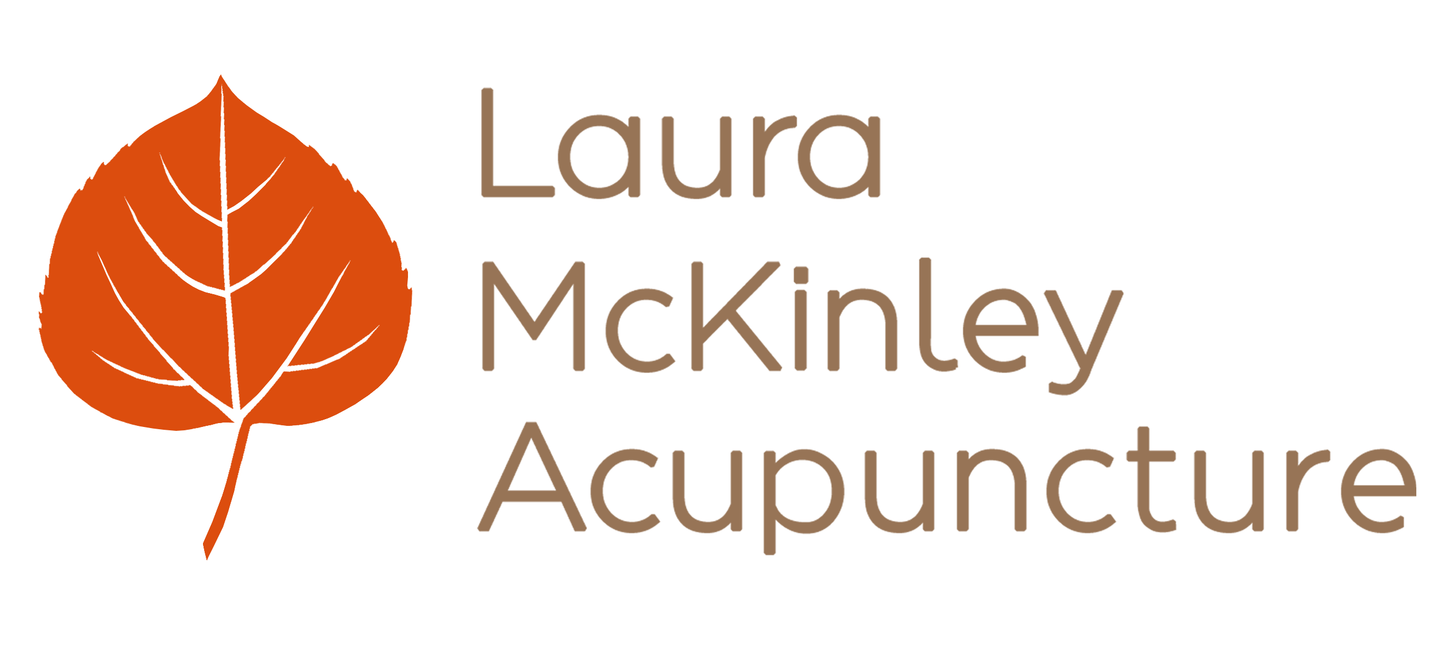Quick & Dirty Grocery Guide
/"You are what what you eat eats."
- Michael Pollan, In Defense of Food: An Eater's Manifesto
With a plethora of shiny, pretty options littering the shelves at the grocery store, it can be a challenge to make sure that the food you're buying isn't just glitzy, but also nutritious. Here are some basic tips for hitting the aisles.
Produce
I highly recommend buying organic produce. This is one of the reasons I encourage folks to shop at Natural Grocers - they only sell organic so you don't have to double check.
Is 100% organic produce outside of your budget? The Environmental Working Group sets up a yearly list called The Dirty Dozen - these are the top veggies/fruits to buy organic to limit pesticide exposure. Check it out here. And yes, there are more than a dozen - don't get too tangled in the math.
Many small farmers practice organic farming techniques without going through the expensive organic certification practice. Keep this in mind, especially when working one on one with local farmers, like at the Farmer's Market.
I recommend avoiding GMO produce. We can debate for days about whether this really matters, but the bottom line is that there isn't enough research for me to support eating GMOs right now.
Meat and Seafood
I think animal protein is a great dietary inclusion to help us handle the stresses of life. That said, not all meat is created equal. I highly recommend buying and eating only meats/fish raised humanely, as described here. If cost is an issue, don't have meat daily. If the meat you're buying is cheap, you can bet the same goes for the nutrients you're getting, not to mention the possible antibiotics/hormones in there.
Words to look for on labels that indicate high quality products:
Beef: "Grass-fed." Ideally, "100% Grass-fed." "Grass-finished" is second-choice.
Poultry: "Pasture-raised" or "Pastured."
Pork: "Pasture-raised" or "Pastured."
Seafood: "Wild Caught"
Other basic labeling terms that indicate high quality meat? "Hormone-free." "Antibiotic-free." "Certified Humane."
Eggs
Eggs, eggs, eggs. There are a lot of different words used for how the chickens who lay eggs are raised. I recommend one of them.
"Pasture-raised." This is by far the best type of egg - and you can taste the difference. These chickens are like Ms. Little of lore, walking around outside, pecking at what they like and roaming without feeling hemmed in. Even "Free Range" has debatable definitions. If you're going to eat eggs (which I think you should!), opt for Pasture-raised.
As with meat, look for the "Certified Humane" label.
General Tips: Walk the Edge
Stick to the perimeter of the store, where the produce, deli, and bulk bins are. This means you have more access to whole foods, and you're not getting conned by the sugar-shiny packaging.
Limit processed foods. If you buy something with a label, be sure you can pronounce every ingredient on the label and would be able to identify the ingredient by sight. I feel so strongly about this one that I want to say avoid processed food, but life happens and we are busy. Instead, I'll just gently remind you to read your labels!
Skip the Store: Look into CSAs
Eating local, whole foods is made even easier when you don't go to the store at all. Check out localharvest.org to find get involved with Community Supported Agriculture (CSA). With a CSA, you buy a share from a local farmer, and then get a box of fresh produce delivered to your home, or nearby for pickup, usually weekly. Some farms offer local meats and eggs as well! Personally, I have a share with Grant Farms, and I love them.
If your inner locavore is calling, Denver has you covered. The Growhaus is a local non-profit indoor farm in Elyria-Swansea. From a daily market to CSA boxes and more, this awesome organization brings whole foods to Denver's food deserts while supporting both the local economy and our neighborhoods.


